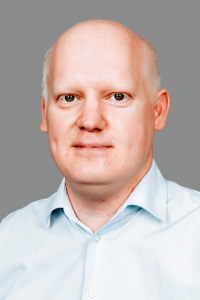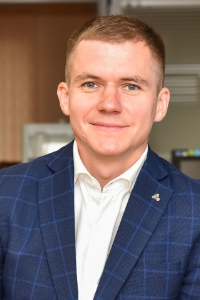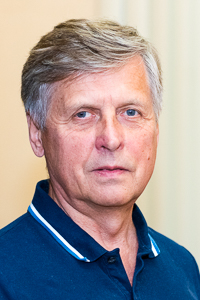Deformation Processing of Metals and Alloys
The program in Deformation Processing of Metals and Alloys is aimed at training specialists in the fields of research, creation and development of technologies for deformation processing of metals and alloys. During full-time studies, students develop new technological processes of plastic deformation and reveal regularities of formation of structure and properties of metals. Among the innovative research that students are engaged in is the creation of industrially applicable methods of severe plastic deformation that allow to achieve unique combinations of properties of various metals and alloys, including titanium alloys for bone implants, new aluminum alloys.


